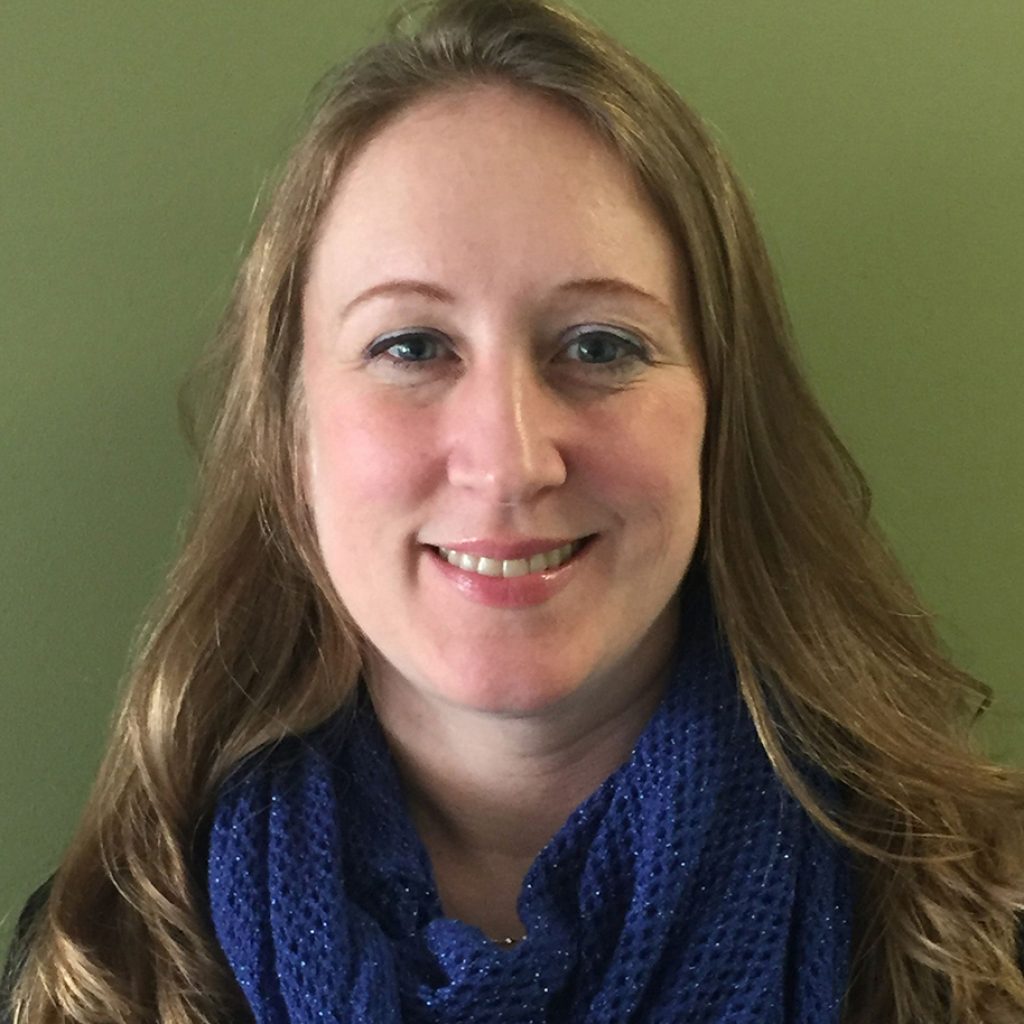Approximately 795,000 people have a stroke each year in America alone. Of these individuals, about one-third (over 270,000) experience chronic aphasia. Aphasia is an acquired disorder that affects spoken and written language, and it is estimated that between 2.5 and 4 million Americans are living with aphasia today. Communication impairments in aphasia often impact an individual’s ability to perform their usual roles at home and may prevent them from returning to work.
Difficulty retrieving words for everyday, familiar objects is common in aphasia, and it makes it very difficult for people with aphasia to communicate effectively. People with aphasia may retrieve the wrong word (e.g., “orange” instead of “apple”), or they may not be able to retrieve a word at all when asked to name a familiar object. During storytelling or other forms of connected speech, deficits in word retrieval may manifest as pauses, production of the wrong word, and reliance on descriptive phrases to compensate for failed word retrieval. These can make communication inefficient and cause frustration for both the speaker and the listener.
MRRI Institute Scientists Erica Middleton, PhD, and Marja-Liisa, PhD, have recently been awarded a research grant from the Albert Einstein Society of Einstein Healthcare Network to further study a potentially more efficient approach to treating this difficulty retrieving words in aphasia.
New evidence suggests that people with aphasia can improve their ability to retrieve words by practicing retrieving names for objects from long-term memory. Treatment by practicing retrieving names of familiar objects (retrieval practice naming treatment) has been shown to provide greater and more lasting benefits in word retrieval than a common treatment approach called errorless learning. In errorless learning, an individual is given the correct name of an object along with an image representing the object, and they repeat the name.
In their new research study, Drs. Middleton (Principal Investigator) and Mailend (Co-Investigator) will examine whether the effects of training individual words with their retrieval practice naming treatment approach may generalize to improvements in the retrieval of other words or in the production of connected speech in people with aphasia. Such effects will be contrasted with possible benefits from errorless learning. This work has important future applications for optimizing clinical treatment in people with aphasia to provide the most efficient and effective care for patients.



One comment on “Drs. Middleton and Mailend Receive Albert Einstein Society Research Grant”